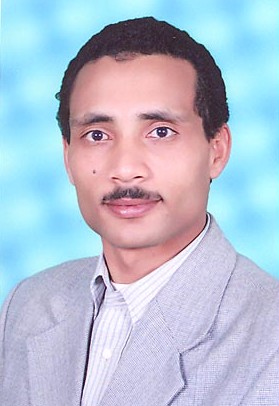The study was achieved to investigate the production of caraway (Carum carvi, L.) in new reclaimed soil using organic and biological fertilizers as alternatives for partial or full replacement of chemical fertilization. Experiments were carried out in new reclaimed soil at the Agriculture Experimental Farm of Sohag University, Egypt during two successive seasons. Twelve fertilization regimes were evaluated for their effects on vegetative growth, seed production and quality of seeds. Treatments included the chemical fertilization at full, half or quarter recommended dose in comparison with organic, double organic or biological fertilization alone or with half or quarter dose of chemical fertilization. The results showed the possibility of partial replacement of chemical fertilizers (50%) by organic ones. The addition of organic fertilization at single or double dose (20 or 40 m3) supplemented with half recommended dose of chemical fertilizers allowed equal or higher vegetative growth parameters compared to the full recommended dose of chemical fertilization. However, the addition of single or double dose of organic fertilization with no chemical additions was insufficient, and the biological fertilization showed the least results. Chemical fertilization at full recommended dose allowed the maximum seed yield followed by organic fertilization at single or double dose supplemented with half chemical fertilizers dose. These three treatments allowed the production of 1043, 764 and 642 kg seeds per feddan (4200 m2), as average of two years, respectively. The production of volatile oil was also the best with these treatments where it was 9 - 10.6 litter per feddan for chemical fertilization versus 8.7 or 7.6 litter for its half quantity with double or single recommended dose of organic fertilization, respectively. The addition of organic or bio fertilizers alone also showed the least seed production and volatile oil content. The study of seed quality proved the superiority of organic production with reduced chemical fertilization where it showed significantly lower nitrate and nitrite contents compared to the full chemical dose or the double organic dose treatments. Therefore, the addition of 20 m3 farmyard manure during soil preparation followed by 50% of chemical recommended dose, after 45 and 60 days from sowing, is the optimum treatment for good vegetative growth and seed yield in high quality. The reported results could be applied for increasing production of caraway and similar medicinal and aromatic crops in new reclaimed soil to avoid competition with other crops. It could also help in the reduction of pollution and chemical residuals, and provide various possibilities of production depending on fertilizers availability, cost and marketing needs

